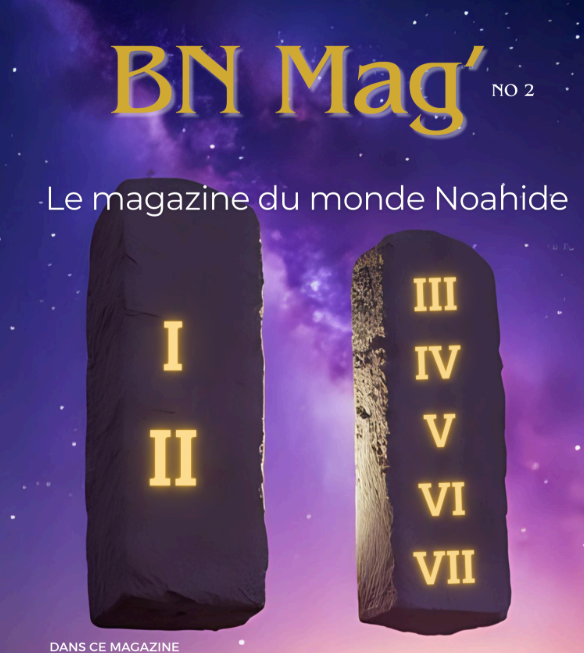The portion of Mishpatim deals extensively with laws and regulations about the proper order of human society. One of the most significant principles is the obligation to remove any harm from human society. The text informs us about the laws related to damages that individuals inflict upon one another. The seemingly most severe form of harm is murder. It begins: "But if a man plots deliberately against his friend to slay him with cunning, [even] from My altar, you shall take him to die." A person cannot hide behind the fact that they are engaged in the service of the Almighty when they harm the soul of their fellow.
Subsequently, the text descends in the hierarchy of harm, addressing physical injuries such as bodily damage, such as an “eye for an eye, a tooth for a tooth.” Following this, there are also damages to property, for instance, when one person's ox damages another person's ox. Then, there are laws regarding actions without direct physical harm, such as laws concerning theft and robbery. Thus, the text is arranged thoughtfully, starting with the most severe damages and progressing to the less severe ones and their treatment.
However, there is a surprise here. Before the laws related to murder, there were laws about slavery and how to release enslaved people. What does this come to teach us? That depriving a person of their freedom is more severe than taking their life. When a person takes the life of their fellow human, they indeed harm their biological body, but not their soul. In contrast, in the case of slavery, there is a significant impact on the most meaningful part of a person—freedom.
Therefore, the Torah begins, even before the laws of murder, with the laws of a person's freedom and slavery. Thus, we understand the depth of our sages' words when they say, "You have no free person but he who is engaged in Torah." The meaning is: If you want to engage in the Torah, you must be someone who loves freedom. A person who is mentally or emotionally enslaved to another person, idea, or ideology is still not free to accept the Torah. Or, as Rabbi Judah Halevi said, "Slaves to time, meaning slaves to the world, are slaves of slaves. The servant of God alone is truly free."



